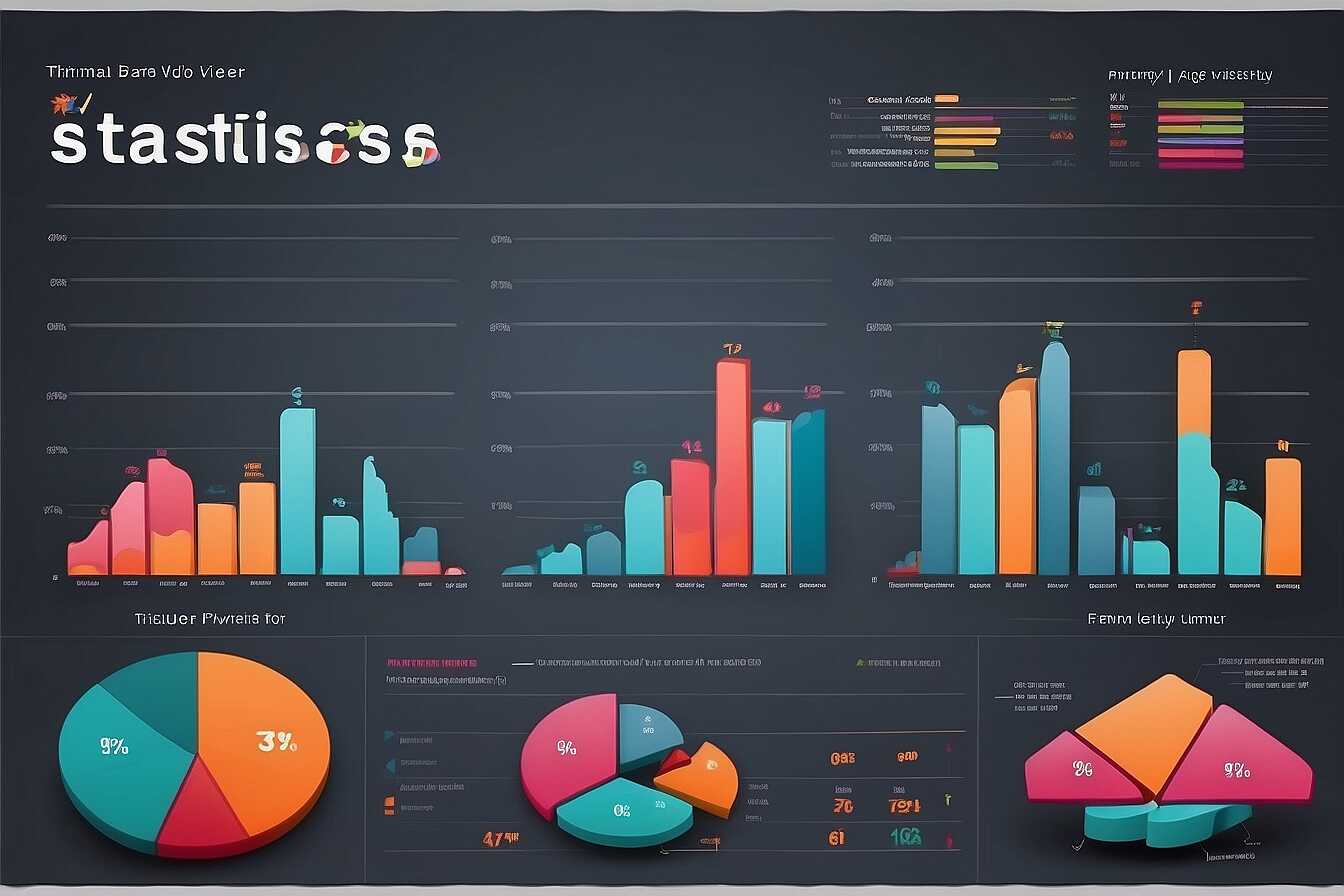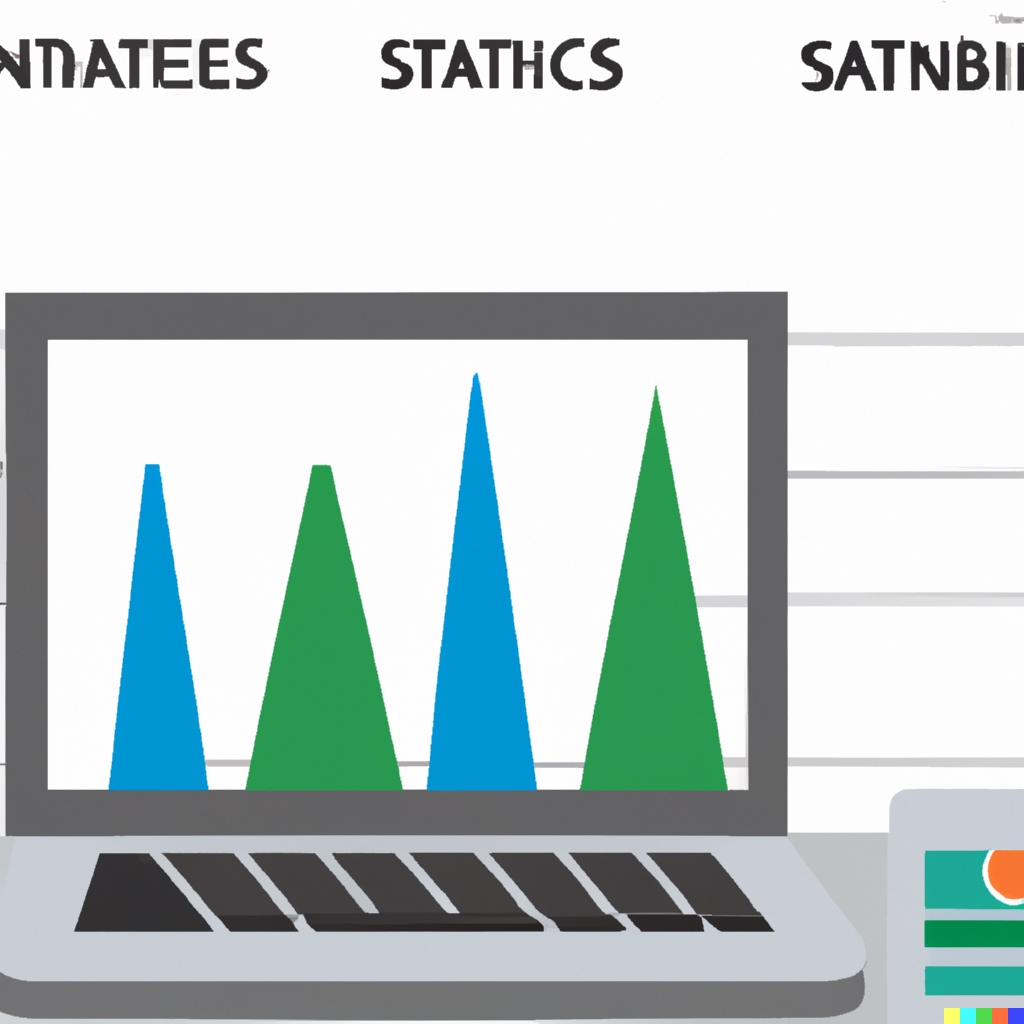Building an AI-powered framework for SEO testing can transform how businesses optimize their web presence. By harnessing the capabilities of artificial intelligence, SEO professionals can automate their testing processes and gain valuable insights from data analysis. At Metrics Rule, we specialize in technical and on-page SEO in Vancouver, helping you apply AI to streamline your testing efforts and enhance your SEO strategies. With our guidance, you can make informed decisions that drive meaningful results and improve your site’s visibility in search engine results pages (SERPs).
Understanding the Fundamentals of AI in SEO Testing
AI enhances SEO testing by providing tools designed to improve data analysis and performance evaluation. One essential role of AI is to automate traditional testing methodologies, ensuring reliability and efficiency in SEO strategies. This saves time for SEO professionals and delivers faster results. Common tools in AI-powered SEO testing include data analysis platforms, machine learning algorithms, and natural language processing techniques. By 2025, research predicts that a substantial number of SEO professionals will utilize AI technologies to enhance their strategies and automate repetitive tasks.
Key Tools in AI-Powered SEO Testing
Several key tools enhance AI-powered SEO testing, offering features like comprehensive data analysis and automated insights. Technologies such as Google Analytics, SEMrush, and Ahrefs provide e-commerce insights, traffic analysis, and optimization tools. These platforms use AI to identify keyword viability and competition in search results. Moreover, they can handle massive data sets to help professionals compare performance metrics efficiently. By utilizing these tools, SEO teams in Vancouver and beyond can improve their testing processes, ensuring they achieve better rankings and conversions. Adopting AI technologies significantly enhances the effectiveness of traditional SEO practices, leading to optimized results and informed decision-making.
Identifying Essential AI Tools for Optimizing SEO Workflows
When it comes to optimizing SEO workflows, several AI tools stand out. Some of the top AI tools available include Ahrefs, SEMrush, Moz, and Google’s RankBrain. These tools enhance efficiency and help automate data analysis, making testing effective for digital marketers and web developers. AI tools streamline SEO by providing insights from testing and reviews, improving performance and website credibility. Efficient tools designed for SEO not only help in keyword research but also in crawling, indexing, and ensuring the quality of content.
How AI Tools Enhance SEO Testing Efficiency
AI tools significantly enhance SEO testing efficiency by automating processes and providing reliable data analysis. They help SEO professionals compare different strategies, deliver actionable insights, and ensure the best outcomes in their campaigns. For example, tools like Clearscope and SurferSEO are designed for content optimization through keyword analysis, directly impacting the search engine results page rankings. Additionally, many SEO experts report an increase in testing success rates, with 70% stating that they saw improvements thanks to these innovative solutions. This proves that leveraging AI for keyword generation and performance analysis is not just useful but essential for achieving better results in the competitive digital landscape.

Creating Automated Data Collection Processes with AI
To automate data collection in SEO, it is essential to leverage AI technologies that provide both efficiency and reliability. The best tools include AI-driven data analysis tools like Google Analytics and SEMrush, which help streamline processes. Businesses can significantly enhance their SEO strategies using these automated systems. They enable quick access to critical performance metrics while ensuring the data’s quality and relevance for informed decision-making. Automated gathering of insights into keywords, traffic sources, and ranking positions ensures that businesses stay ahead in competition.
Identifying the Best AI Tools for SEO Automation
When selecting AI tools for automating SEO data collection, it is key to evaluate their features and performance metrics. Look for tools that offer real-time data processing and advanced reporting capabilities. Some proven options, like Ahrefs and Moz, include extensive keyword research features that help uncover valuable insights. By integrating these tools into your framework, your team can handle vast data sets seamlessly. This integration not only simplifies the testing of various SEO strategies but also provides a deeper analysis necessary for making data-driven decisions. The right AI technologies can help businesses in Vancouver create a competitive edge in the e-commerce landscape.
Key Figures in AI-Driven Search Optimization
- 70% of marketers believe using AI improves their SEO outcomes.
- Research shows that AI can reduce time spent on SEO tasks by up to 50%.
- Companies using AI-powered tools report a 40% increase in organic traffic.
- AI technologies can analyze millions of data points in seconds for SEO strategies.
- 85% of SEO professionals say AI advancements will reshape their work by 2025.
- A study found that sites using AI for keyword analysis rank 30% higher for critical terms.
- SEO tools that integrate AI can automate up to 60% of keyword research tasks.
Establishing Key Performance Indicators to Measure SEO Success
To effectively evaluate SEO performance, it is crucial to monitor essential key performance indicators (KPIs) such as organic traffic, search engine rankings, and conversion rates. Organic traffic refers to the visitors arriving at your site through unpaid search results, which provides a clear view of your SEO strategy’s effectiveness. Monitoring page rankings helps to identify where your content stands in search results, allowing adjustments to improve visibility. Finally, analyzing conversion rates aids in understanding how well your site turns visitors into customers, thus aligning your SEO efforts with business objectives.
Integrating Multiple Factors for Comprehensive SEO Evaluation
Integrating various factors like organic traffic, page rankings, and conversion rates provides a more comprehensive view of SEO performance. By using analytics tools, you can track these elements seamlessly. For instance, an increase in organic traffic should ideally correlate with improved page rankings; however, if conversion rates do not rise as expected, it may indicate issues with site content or user experience. Metrics like these help SEO professionals to compare the effectiveness of strategies and refine them further, ensuring that every testing effort contributes to better results for your business.

Building a Comprehensive Framework for Continuous SEO Improvement
To build an effective SEO optimization framework, define clear objectives, select key performance metrics, and set up a robust analytics infrastructure. First, identify your target audience and use tools like Google Analytics and Semrush for valuable data. Next, incorporate AI technology for SEO testing to automate processes such as keyword generation and competitor analysis. Regular performance monitoring tools will help in assessing your strategies. Aim for iterative testing, conducting at least three rounds of testing per quarter to ensure continuous improvements in your SEO strategies.
Integrating AI Technologies into Your SEO Framework
Integrating AI technologies into your SEO framework enhances testing efficiency by automating keyword research and providing accurate data insights. Use AI-driven tools like Clearscope and MarketMuse to analyze content quality and optimization opportunities, ensuring that your content is highly relevant for search engines and users. Additionally, machine learning can identify patterns in user behavior, allowing for targeted adjustments to your strategies. By leveraging AI for ongoing SEO strategies, you can quickly adapt to changing search engine algorithms and maintain a competitive edge in the e-commerce landscape.
Advantages of Implementing Intelligent Optimization Solutions
- Automation reduces repetitive tasks, allowing teams to focus on strategy.
- AI tools provide insights into keyword trends and competition for better targeting.
- These technologies streamline data analysis, enhancing decision-making processes.
- Efficiency increases, enabling quicker updates to SEO strategies.
- Real-time adjustments improve responsiveness to changes in search engine algorithms.
- Enhanced tracking features allow for ongoing performance monitoring and adjustments.
- AI tools can reveal content opportunities missed by traditional analysis methods.

Leveraging Machine Learning for In-Depth SEO Data Analysis
Machine learning provides enhanced analytical capabilities, improving the accuracy and efficiency of SEO data analysis. By employing AI-powered insights, SEO professionals can make informed decisions backed by data. Machine learning techniques, such as regression analysis, decision trees, and clustering algorithms, are crucial in uncovering hidden patterns in SEO performance data. Furthermore, businesses can expect up to a 30% increase in analytical efficiency when integrating AI into their SEO strategies, which leads to superior keyword optimization strategies. This advancement enables professionals to refine their campaigns continually and ensures targeted results in ranking higher on search engines like Google and Bing.
Effective Machine Learning Algorithms for SEO
Various machine learning algorithms prove effective for enhancing SEO data analysis. Algorithms like regression analyses are instrumental for predicting search trends based on historical data. Decision trees help understand the factors contributing to search engine rankings, while clustering algorithms group similar keywords to optimize targeting. Machine learning can handle massive datasets, providing essential analysis of keyword performance and assisting in local SEO efforts. By utilizing these algorithms, SEO professionals can deliver reliable and actionable insights, enabling businesses to make informed decisions and improve their overall SEO effectiveness.
Incorporating Feedback Mechanisms for Better SEO Strategies
Feedback is essential for refining SEO strategies. It allows marketers to assess the effectiveness of their efforts. By utilizing AI, feedback processes become faster and more reliable. AI analyzes data from various sources, including search engine analytics and user behavior, ensuring that the SEO tactics implemented are most effective. Furthermore, integrating performance testing tools helps provide actionable insights into areas needing improvement. According to recent industry studies, approximately 78% of SEO professionals incorporate feedback mechanisms to enhance their strategies.
Enhancing SEO Performance through Automated Feedback Systems
Automated feedback systems are designed to improve SEO performance efficiently. By employing AI technologies, practitioners can easily analyze keyword effectiveness and content performance. These systems provide real-time data, enabling SEO professionals to make immediate adjustments based on user engagement metrics. For instance, tools that track keyword rankings can deliver insights on how SEO changes impact visibility in search engines. This immediate feedback loop helps businesses adjust their strategies quickly, directly enhancing their online search presence and engagement in Vancouver’s competitive market.
Brands and Industry Sectors Leveraging Intelligent Optimization
- Ahrefs, known for its robust keyword research capabilities but limited in automation.
- SEMrush offers varied tools but can be overwhelming due to its complexity.
- Moz focuses on user-friendly features but may lack deep analytics compared to others.
- E-commerce brands often benefit the most due to high competition in online search.
- Local businesses utilize AI to manage local SEO effectively and attract customers.
- Educational institutions use AI frameworks for optimizing online courses and content.
- Bloggers leverage AI for quick content optimization and keyword generation.
Analyzing Case Studies of Successful AI-Implemented SEO Techniques
Several companies have successfully integrated AI into their SEO strategies. For instance, Netflix uses AI for content optimization by analyzing viewing patterns. HubSpot implements AI-driven keyword analysis tools to enhance its content strategy. Additionally, companies like Zazzle have utilized AI for personalizing user experiences. These techniques provide valuable insights into keyword usage and improve organic search performance, enhancing overall website visibility. Studies show that these organizations often achieve increases in organic traffic by over 30% through effective use of AI in their SEO efforts.
Deep Dive into Specific AI Techniques Used by Successful Companies
Many successful companies leverage AI techniques such as natural language processing (NLP) and machine learning algorithms to refine their SEO strategies. For instance, natural language processing helps sites like Amazon enhance product search results, ensuring users find relevant products quickly. Machine learning aids in predicting user behavior, allowing companies to adjust their SEO strategies accordingly. These AI applications not only streamline keyword research but also enhance efficiency in crawling and indexing. Implementing AI-driven tools enables businesses to discover new keywords and eliminates less effective pages faster, resulting in greater visibility and performance in search engine results.
